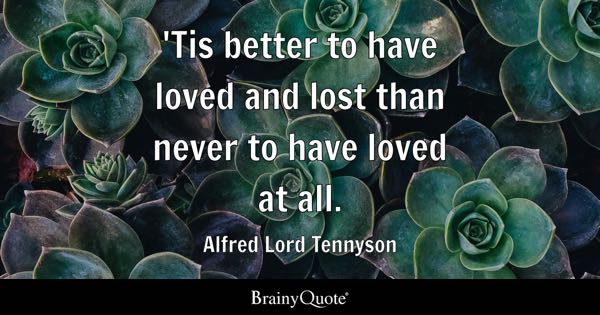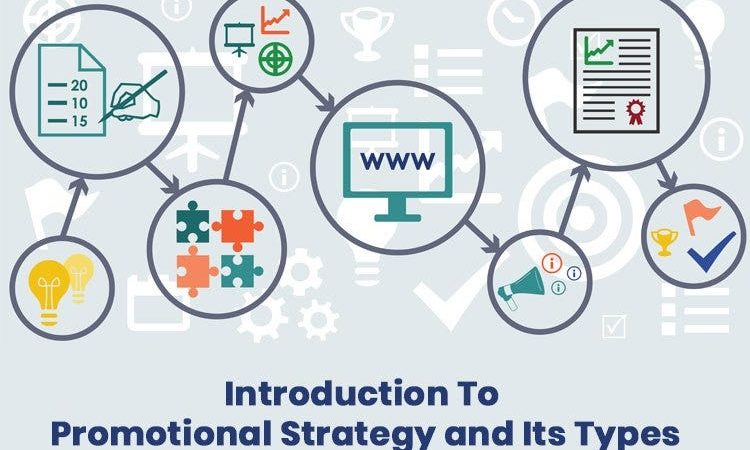Better to Have Loved and Lost: An Exploration of Love’s Enduring Impact

The timeless adage “It is better to have loved and lost than never to have loved at all,” attributed to the English poet Alfred Lord Tennyson, encapsulates a profound truth about the human experience. This phrase, often used to console those who have suffered the pain of lost love, suggests that the experience of love, even when it ends in heartache, is invaluable. Love’s capacity to enrich our lives, shape our identities, and teach us essential lessons underscores the wisdom of Tennyson’s assertion. This essay delves into the multifaceted nature of love, its profound impact on our lives, and why the experience of love, despite its potential for loss, is indispensable.
The Nature of Love
Love is a complex and multifaceted emotion that has been the subject of philosophical, psychological, and artistic exploration for centuries. It encompasses a range of feelings, from the passionate and intense to the gentle and enduring. Love can be romantic, platonic, familial, or even self-directed. Regardless of its form, love has a unique power to transform individuals and their perceptions of the world.
At its core, love involves a deep connection and attachment to another person or entity. This connection fosters a sense of belonging and security, providing a foundation for emotional growth and resilience. Love encourages vulnerability, as it requires individuals to open themselves up to another, risking rejection or loss. This vulnerability, however, is also a source of profound strength, as it allows individuals to experience the depths of their emotions and the richness of human connection.
Love’s Transformative Power
Love’s transformative power lies in its ability to fundamentally change individuals and their perspectives. When people fall in love, they often experience a shift in their priorities and values. Love can inspire selflessness, compassion, and a desire to nurture and support another person. This transformation can lead to personal growth, as individuals strive to become the best versions of themselves for the sake of their loved ones.
The experience of love also fosters empathy and understanding. When individuals deeply care for another person, they become attuned to their needs, desires, and emotions. This heightened awareness can extend beyond the immediate relationship, fostering a greater sense of empathy and compassion for others in general. In this way, love contributes to the development of a more empathetic and interconnected society.
The Pain of Loss
Despite its many benefits, love is not without its risks. The loss of a loved one, whether through death, separation, or the end of a relationship, can be one of the most painful experiences a person can endure. The pain of loss can manifest in various ways, including grief, loneliness, and a profound sense of emptiness. The intensity of this pain is often proportional to the depth of the love that was shared, highlighting the inherent risk involved in opening oneself up to another person.
However, the pain of loss also underscores the value of the love that was experienced. The depth of the pain is a testament to the significance of the relationship and the impact it had on the individual’s life. In this way, the pain of loss can serve as a reminder of the profound joy and fulfillment that love brought, reinforcing the notion that it is indeed better to have loved and lost than never to have loved at all.
Love as a Source of Resilience
One of the most remarkable aspects of love is its ability to foster resilience in the face of adversity. While the loss of a loved one can be devastating, the experience of love can provide individuals with the strength and support needed to navigate their grief and eventually heal. The memories of the love shared, the lessons learned, and the personal growth achieved can serve as sources of comfort and motivation during difficult times.
Moreover, the experience of love and loss can lead to a deeper understanding of oneself and one’s capacity for emotional resilience. Individuals who have loved and lost often emerge from the experience with a greater appreciation for the fragility and preciousness of life. This heightened awareness can inspire a renewed commitment to living fully and authentically, embracing new opportunities for love and connection with a greater sense of gratitude and wisdom.
The Role of Love in Personal Development
Love plays a crucial role in personal development, shaping individuals’ identities and influencing their life trajectories. The experience of love, particularly romantic love, often serves as a catalyst for self-discovery and growth. Through their relationships, individuals learn about their strengths, weaknesses, desires, and boundaries. They gain insight into their values and priorities, which can guide their decisions and actions in other areas of life.
In addition to fostering self-awareness, love also encourages individuals to develop important interpersonal skills. Effective communication, empathy, patience, and conflict resolution are all essential components of a healthy and fulfilling relationship. These skills are not only valuable within the context of romantic relationships but also in other areas of life, including friendships, family dynamics, and professional interactions.
The Universality of Love
Love is a universal experience that transcends cultural, geographical, and temporal boundaries. Throughout history and across cultures, love has been a central theme in literature, art, music, and philosophy. This universality speaks to the fundamental importance of love in the human experience. Regardless of cultural or societal differences, the desire to love and be loved is a common thread that unites humanity.
The universality of love also highlights its role in fostering a sense of global interconnectedness. By recognizing the shared experience of love, individuals can cultivate a greater sense of empathy and solidarity with others around the world. This interconnectedness can inspire collective action towards common goals, such as promoting peace, justice, and human rights.
The Lessons of Lost Love
The experience of lost love, while painful, offers valuable lessons that can shape individuals’ future relationships and personal growth. One of the most important lessons is the impermanence of life and the importance of cherishing the present moment. The loss of a loved one serves as a reminder that life is fleeting and that each moment with a loved one is precious. This awareness can inspire individuals to cultivate a deeper sense of gratitude and mindfulness in their relationships.
Lost love also teaches individuals about the importance of resilience and the capacity for healing. While the pain of loss may never fully disappear, individuals can learn to integrate their grief into their lives in a way that honors the memory of their loved one while also allowing them to move forward. This process of healing can lead to a greater sense of inner strength and self-compassion.
Love’s Enduring Impact
Despite the pain of loss, the impact of love endures long after a relationship has ended. The memories of the love shared, the lessons learned, and the personal growth achieved continue to shape individuals’ lives in meaningful ways. Love leaves an indelible mark on the heart and soul, influencing how individuals approach future relationships and navigate the complexities of life.
The enduring impact of love is evident in the way individuals carry the memory of their loved ones with them. Whether through cherished memories, shared experiences, or lasting legacies, the presence of a loved one continues to be felt even after they are gone. This enduring impact reinforces the idea that love, despite its potential for loss, is a powerful and transformative force that enriches our lives in profound ways.
Conclusion
In conclusion, the adage “It is better to have loved and lost than never to have loved at all” captures a fundamental truth about the human experience. Love, with its capacity to transform, enrich, and shape our lives, is an invaluable part of what it means to be human. While the pain of lost love can be intense and enduring, it is a testament to the depth and significance of the love that was shared. The experience of love, even when it ends in loss, fosters personal growth, resilience, and a deeper appreciation for the preciousness of life.
Ultimately, the wisdom of Tennyson’s words lies in the recognition that love is a powerful and transformative force that transcends the pain of loss. It is through loving and being loved that individuals discover their capacity for empathy, compassion, and connection. The enduring impact of love, both in the memories of the past and the lessons for the future, affirms that it is indeed better to have loved and lost than never to have loved at all. In the tapestry of human experience, love is the thread that weaves together the joys and sorrows, the triumphs and losses, into a rich and meaningful whole.





